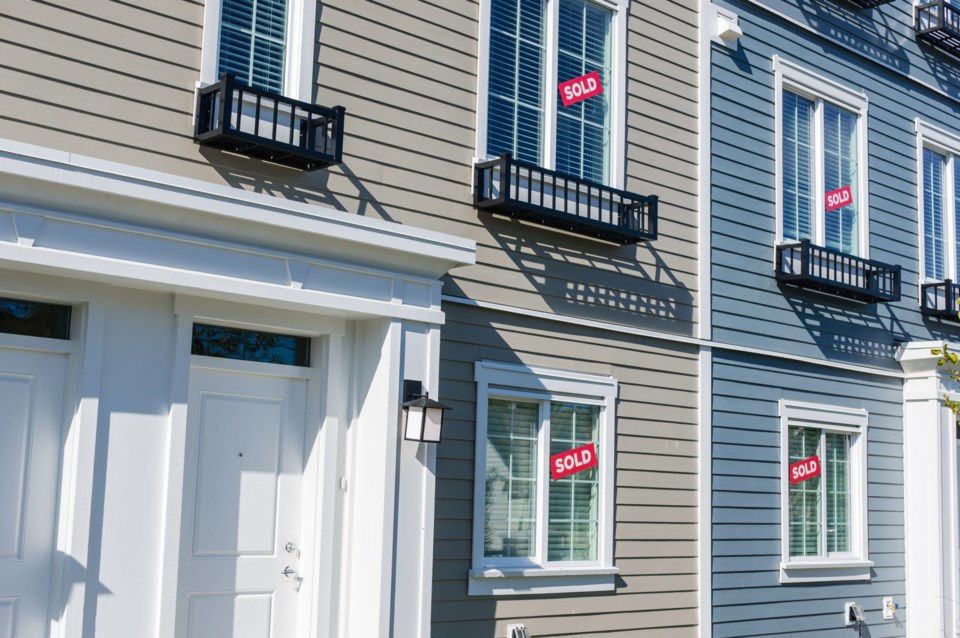After registering more than 5,100 MLS sales in July, home buyers in the Vancouver Region were active again in August, with last month’s total sales reaching 5,002.
While, historically, August is typically a slower month for sales, with would-be buyers and sellers spending more time at beaches than open houses, this August’s sales were the second-highest monthly total for 2020 (behind only July), the second-highest monthly total since June 2017, and the highest August total since 2009. Compared to August 2019, last month’s sales tally was up 44%, and it was 33% above the past-decade average for the month.
It is also worth pointing out that while August’s sales were 3% below July’s (5,002 versus 5,148), there were only 20 reporting days in August (these are days on which housing transactions are entered into the real estate boards’ records, with weekends typically excluded) compared to 22 in July. When adjusted for this, the daily sales count in August averaged 250, 7% higher than July’s 234.
Through the first eight months of 2020, the region’s total sales count is now 12% higher than in the same period of 2019, with the relative demand for detached homes and townhomes surging. For example, between January and August 2020, detached sales were up by 19% compared to the same period last year, with townhome sales up 16%; in comparison, condo sales were 3% higher.
Whether or not this is simply a function of pent-up demand, or is a reflection of changing housing needs and/or preferences in response to the pandemic that began to materially impact the Vancouver Region in March is an interesting question to consider, along with others: are buyers seeking more space for themselves and their families as the plan to not only live but increasingly work in their homes? Are buyers seeking more storage space? More space to distantly-socialize (with extended family and friends)? And to the extent that these decisions are the driving force behind the shift in the composition of homes sales, is it a permanent shift or short-term adjustment within the marketplace? On the latter point only time will tell, though it is likely that in the longer-run more historically-typical purchasing patterns will re-establish themselves.
Sustained buying activity has continued to support prices, which are higher by 9% for townhomes, 4% for condos, and 2% for detached homes (on average) since February, right before the pandemic began.
As we enter the year’s final months it will be the competing effects of continued job recovery, low interest rates, and pent-up demand on the one hand, and the potential for an expansion of available housing supply (as the mortgage deferral window begins closing this month) on the other hand, that will dictate the trajectory of prices as we turn the corner into 2021.
Ryan Berlin is the Senior Economist with rennie intelligence.
SWIM ON:
- Ryan Berlin took note of market tailwinds driving a flurry of real estate buying in July.
- You've heard that economic recovery must be 100% green - but as Denise Mullen and Jock Finlayson point out, a more broad strategy is called for; the sector is simply too small, and the workforce doesn't have compatible skills.
- For many, today was the first day back at school - for others, it was last week. And while teachers, parents, and students alike may be understandably on edge, Jody Vance says in-class instruction is simply too vital to forego.



